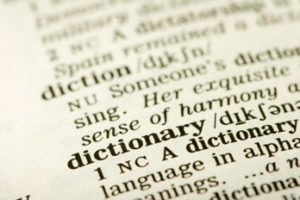
Homophones: Affect vs. Effect
Homophones can be confusing. Luckily, there’s an easy way to remember affect vs. effect. I see it all the time: affect and effect mixed up as if they were completely interchangeable. But they’re not. These two homophones may sound exactly alike, but they don’t even belong to the same parts of speech! If you’ve ever…Read More
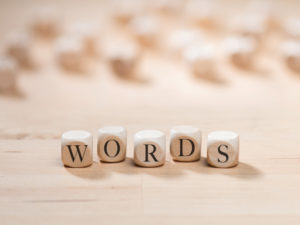
How to Transform Words Into Writing Inspiration
I recently flipped through my copy of Susan Goldsmith Wooldridge’s Poemcrazy: Freeing Your Life with Words (aff link), and after just a couple of chapters, my imagination was on fire. I’m always looking for new ways to inspire writing ideas, and lately I’ve been thinking that we should talk more about a writer’s most basic…Read More
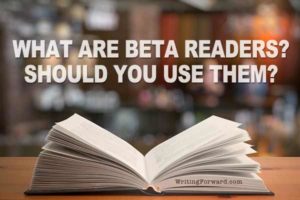
What Are Beta Readers, and Should You Use Them?
By the time you’ve finished your manuscript and are ready to show it to agents and editors — or self-publish and put it in front of readers — you have almost certainly lost the ability to view your own work with a critical eye. While there are some tactics you can use to self-edit, you…Read More
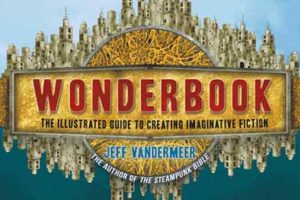
Writing Resources: Wonderbook
This post contains affiliate links. Jeff VanderMeer’s Wonderbook is not your average tome on the craft of writing. It’s more like a portal, and once you enter, writing becomes a strange and awesome adventure. Subtitled The Illustrated Guide to Creating Imaginative Fiction, the book addresses fiction in general but occasionally emphasizes speculative fiction; any writer will benefit from it, but there are…Read More

From 101 Creative Writing Exercises: Moral Dilemmas
Today’s creative writing exercise comes from 101 Creative Writing Exercises, a book I wrote on the craft of writing. This book takes you on an adventure through creative writing. You’ll explore different forms and genres of writing, including freewriting, journaling, memoir, fiction, storytelling, poetry, and article or blog writing. 101 Creative Writing Exercises imparts proven…Read More

What is the Theme of a Story?
Today’s post includes excerpts from What’s the Story? Building Blocks for Fiction Writing, which is packed with fun lessons and engaging activities for anyone who wants to learn the basics of storytelling. This is from chapter four: “Theme.” Enjoy! What is the Theme of a Story? Theme is one of the most difficult story elements…Read More
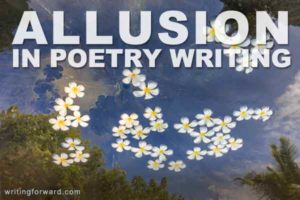
Using Allusion in Poetry Writing
As we read poetry and other forms of literature, we’ll inevitably come across allusions. An allusion is a reference to something else; it can be indirect or explicit. In poetry, most allusions refer to other works of art and literature or to historical persons or events. Cultural references are also common. Although allusion is a…Read More
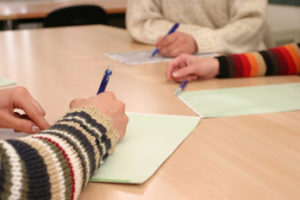
Ten Grammar Rules Every Writer Should Know
The more experience I gain as a writer, the more I’m convinced that writing is one of the most difficult skills to master. It’s not enough to tell a great story, share an original idea, or create an intriguing poem; writers are also obligated to pay diligence to the craft. While the content (or message)…Read More
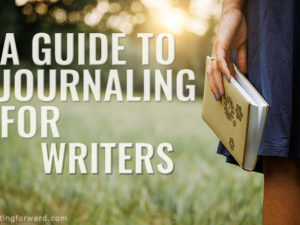
A Guide to Journaling for Writers
The world of journaling is fascinating and expansive. There are people who make their own notebooks and fill them with stunning artwork and gorgeous lettering. Others spend months writing in a journal and then burn it when they get to the end, only to start another one. Some people use cheap spiral-bound notebooks for journal…Read More
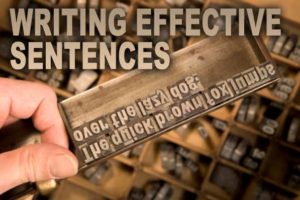
Are You Writing Effective Sentences?
Nothing ruins a great piece of writing like weak words and poorly structured sentences. We’ve all been there. You’re working through your first draft or perhaps making your way through revisions. The scene plays out in your mind like a movie. But when you try to put it into words, it just doesn’t flow right. In…Read More



